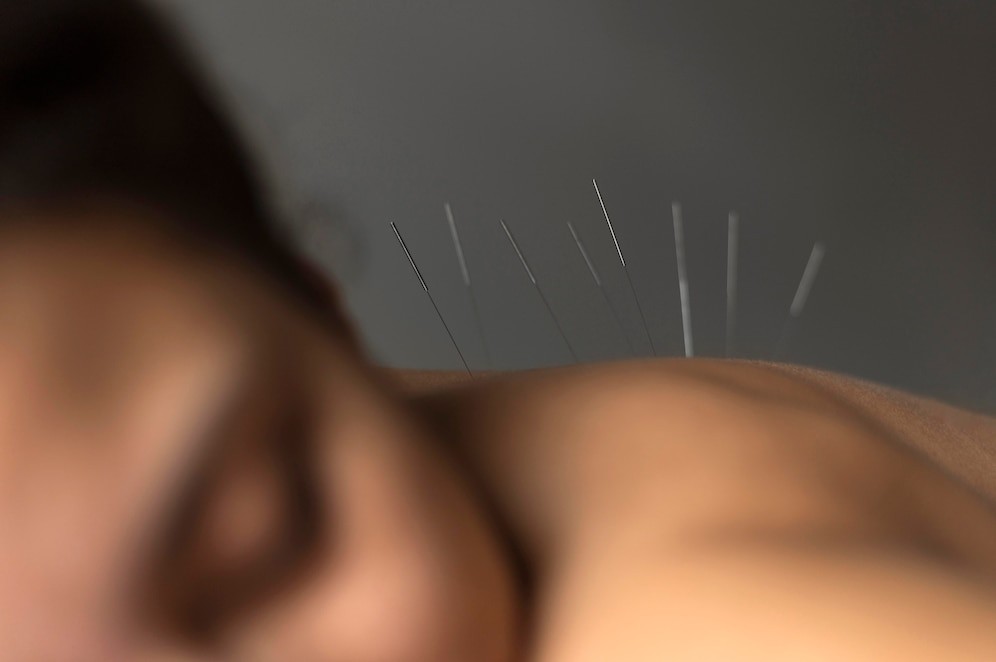
Have you ever walked into a room and completely forgotten why? Or read the same sentence over and over because your brain just won’t click? That “cloudy” feeling—like your mind is running in slow motion—is often called brain fog.
It’s more common than you might think. Many people deal with it every day, especially when they're tired, stressed, or overwhelmed. But if it’s starting to affect your daily life, work, or relationships, it’s time to explore new ways to feel better.
One option that’s getting attention is dry needling—a simple treatment that may help improve your focus and mental clarity.
What is Brain Fog, Really?
Brain fog isn’t an illness. It’s a sign that something is off. You might feel:
- Mentally tired, even after rest
- Easily distracted or forgetful
- Slower at solving problems or making decisions
- Emotionally drained
Brain fog can be caused by poor sleep, stress, diet, or even tension in your body.
How Can Dry Needling Help?
If you think dry needling is only for sore muscles, think again.
Dry needling in South Portland works by inserting thin, sterile needles into tight muscles—also called trigger points. This helps release tension and boosts blood flow.
So, what does that have to do with brain fog?
- More oxygen to your brain: Tight muscles can restrict circulation. When blood flow improves, your brain gets more oxygen, which helps with focus and alertness.
- Less stress: Releasing muscle tension can calm your nervous system, easing the stress that often makes brain fog worse.
- Better sleep: Dry needling can help your body relax, leading to deeper sleep—one of the best ways to fight brain fog.
Many people say they feel lighter and clearer after just one session. And while results can vary, it’s definitely worth exploring if your mind feels “stuck.”
Acupuncture for Brain Fog – Another Gentle Option
Along with dry needling, acupuncture for brain fog is another technique people use to clear the mental fog.
Acupuncture focuses on balancing the body’s energy through points along your skin. It also helps with stress, hormone balance, and sleep—key players when it comes to thinking clearly.
Both treatments are different but can work well together. Some people even alternate between them to get the most benefit.
What You Can Expect
Thinking about trying dry needling in South Portland, but not sure what it feels like?
- The needles are thin, so most people only feel a quick pinch or light pressure.
- You may feel your muscle twitch or release, which is a good sign it's working.
- After the session, it’s normal to feel tired or deeply relaxed.
- Some people report better sleep and sharper focus the next day.
The number of sessions you’ll need depends on your body and symptoms, but even one or two can make a difference.
Final Thoughts
Brain fog can be frustrating, especially when it affects your focus, memory, and energy. Instead of just pushing through, it might help to try something new. Dry needling offers a gentle, effective way to release muscle tension and support better blood flow—both of which may help your mind feel clearer.
Pairing it with acupuncture for brain fog can further support relaxation and mental balance. If your brain feels tired and unfocused, don’t ignore the signs. Small changes can bring real relief—and help you feel more present, sharp, and refreshed in your daily life.
Comments